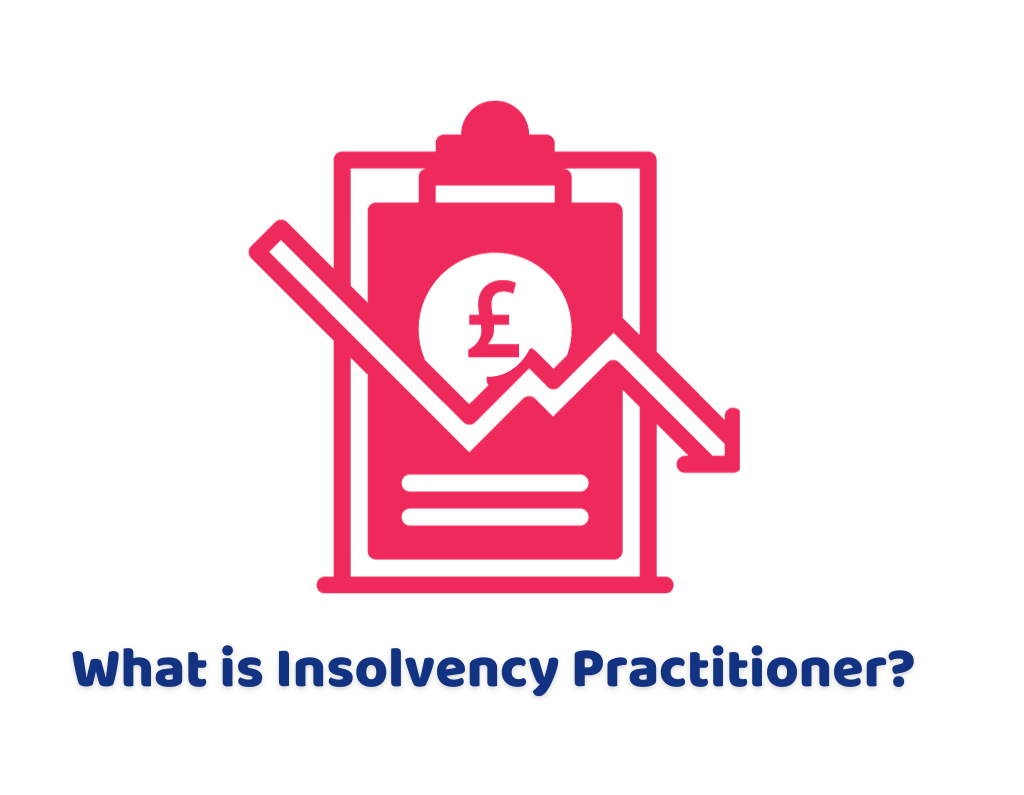The Ultimate Guide To Insolvency Practitioner
Wiki Article
The Insolvency Practitioner Ideas
Table of ContentsThe smart Trick of Insolvency Practitioner That Nobody is Talking AboutInsolvency Practitioner - Questions8 Simple Techniques For Insolvency PractitionerIndicators on Insolvency Practitioner You Should KnowNot known Factual Statements About Insolvency Practitioner
Whether you require to utilize a bankruptcy specialist (IP) to liquidate your company relies on different aspects. While engaging a bankruptcy professional for all kinds of liquidation is not a legal demand, doing so can typically simplify the procedure and make sure conformity with legal needs. Liquidating a firm is a critical decision that features significant repercussions.
It is a treatment utilized when a firm does not have any type of creditors, or every one of their creditors can be paid off completely with legal interest. Recognizing the different kinds of bankruptcy procedures can aid you determine the most effective strategy for your company's liquidation or various other formal insolvency procedures itself.
This is compulsory in order to stick to lawful demands - Insolvency Practitioner. This is since IPs have the needed credentials and experience to ensure that the liquidation process is conducted in conformity with all relevant regulations and laws. By engaging a licensed insolvency expert, you can have comfort understanding that your company's liquidation process will certainly be handled expertly and in conformity with the appropriate lawful requirements
Getting The Insolvency Practitioner To Work
The insolvency practitioner is assigned as a liquidator and is in charge of taking care of the firm and liquidator's financial obligations exceptional responsibilities and assets. This procedure includes selling the company's properties and distributing the proceeds to lenders. Upon completion of the procedure, the company is removed from the register at Firms Residence.Stopping working to do so can result in personal liability for the company or director for the lender's financial debts. Voluntary liquidation, that includes Lenders' Volunteer Liquidation (CVL) and Members' Voluntary Liquidation (MVL), is launched by the firm's directors and investors when they can no more pay their debts. In a CVL, the insolvency expert is designated as the liquidator, accountable for managing firm debts and all firm possessions.

See This Report about Insolvency Practitioner
By examining the competence and experience of possible bankruptcy practitioners, you can make sure that you pick a practitioner who possesses the needed credentials to handle your company's liquidation process successfully. While bankruptcy practitioner-led liquidation is often the most suitable strategy for firms encountering bankruptcy, there are alternative techniques to think about, such as striking off and partial liquidation.It's important to evaluate all available options before picking the next best solution or strategy for your business. Striking off companies' registers is a more simple and cost-efficient means to shut inactive or little companies with no debts or assets. To strike off a firm, its name is gotten rid of from the Firms Home register by submitting form DS01.
Prior to going with striking off, it's critical to consider the benefits and downsides of this approach and take into consideration whether it's the appropriate selection for your company. Partial liquidation is another choice to bankruptcy practitioner-led liquidation, wherein a firm sells off certain properties and obligations while remaining to run with the staying assets and liabilities.
A Bankruptcy Specialist will be able to suggest you of the most effective strategy to take see post and make sure that everything runs efficiently. It is not feasible to liquidate a business without a liquidator. Assigning an authorized insolvency specialist is essential for the process of voluntary liquidation to start.
What Does Insolvency Practitioner Do?
It is feasible to close and liquidate your company without utilizing a liquidator, given your company is solvent and you satisfy the qualification needs to dissolve or liquidate it. Nevertheless, if your business is bankrupt, you might be required to use a liquidator and start formal insolvency treatments. Right here are a few other useful posts relating to business liquidation in the UK:.Remaining in a placement where you're incapable to pay your firm's financial institutions is extremely stressful. In an attempt to avoid image source increasing the level of debt, many companies attempt to bargain straight with their financial institutions and concur to a casual plan. If the financial obligation is rather small and owed to one creditor, and the creditor is being participating, becoming part of an informal debt arrangement is possibly the ideal option, instead of searching the internet for 'an insolvency specialist near me'.
On the other hand, if there are numerous lenders and the degree of financial obligation is large, financial institutions might not be so prepared or participating. In order to stay clear of liquidation or insolvency, it is much better to hire a bankruptcy professional to prepare official propositions and negotiate with creditors in your place.
The Main Principles Of Insolvency Practitioner
Whilst it is a means to handle debt, there are substantial dangers involved with this kind of debt plan - Insolvency Practitioner. If a lender wants to become part of a casual setup (IA) where the borrower has actually accepted make regular, if lower, settlements to pay back the financial obligation, it is necessary to stick to the contractnavigate to this site

As a result, the financial institution is within their rights to revoke the arrangement and petition the courts for your business to be sold off at any moment. A formal plan that has actually been recommended by an insolvency specialist in your place, and concurred by a financial institution, offers a much safer choice.
Report this wiki page